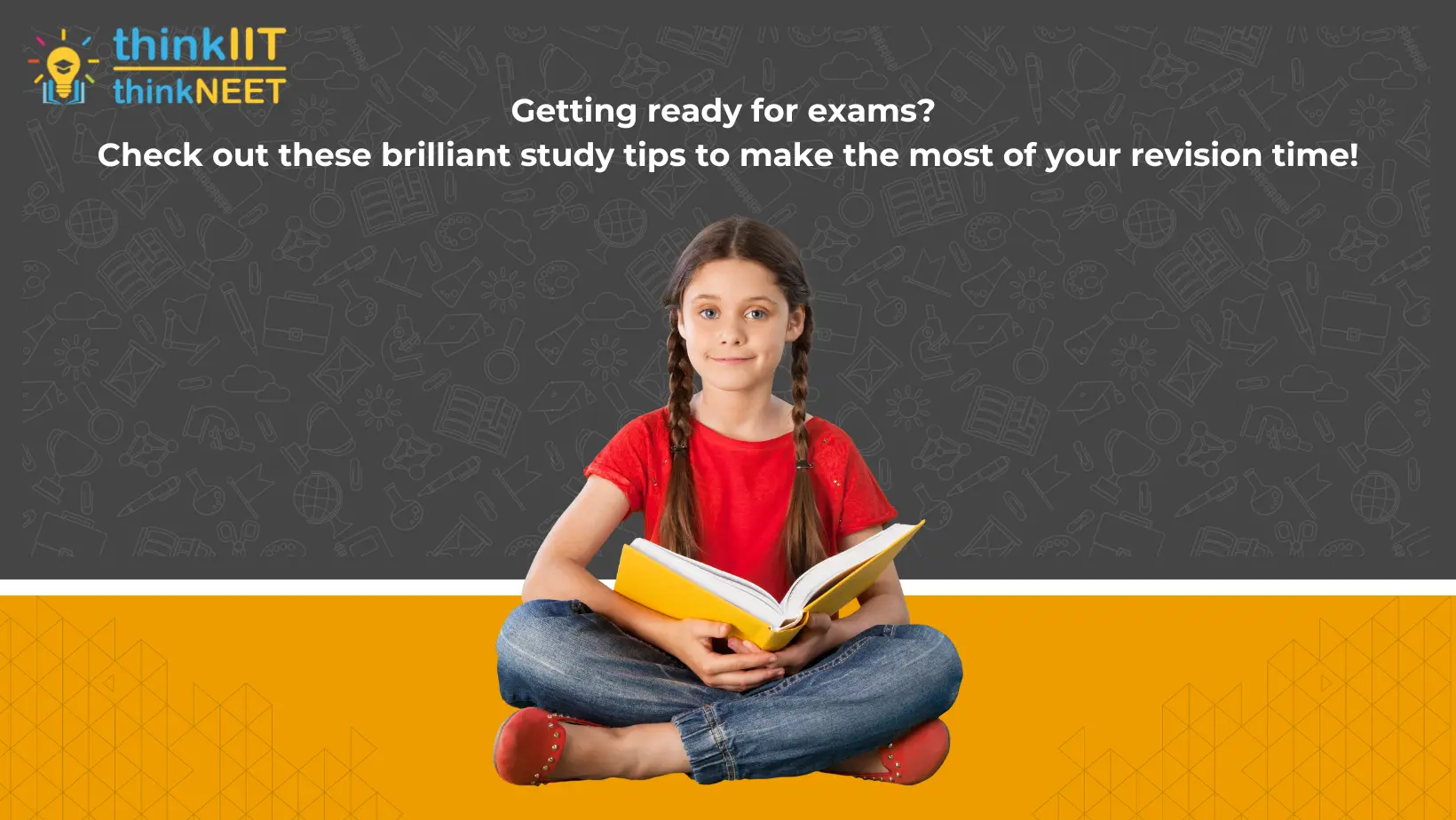As exam season approaches, students start to feel the pressure of studying and preparing for their exams. Many students often struggle with revising their materials effectively, which can lead to anxiety and poor academic performance. In this article, we will explore tips and strategies to help you revise effectively during exam time.
Importance of Effective Revision
Effective revision is crucial for achieving academic success. It helps students to consolidate their learning and recall information accurately during exams. Effective revision allows students to identify areas of weakness, clarify misconceptions, and improve their understanding of the subject matter. Furthermore, it can help to reduce anxiety and increase confidence levels, enabling students to perform to the best of their abilities during exams.
Strategies for Effective Revision
Create a Revision Plan: Creating a revision plan is essential for effective revision. It allows students to structure their revision time and prioritize topics that require more attention. A revision plan should include the topics to be revised, the time allocated for each topic, and the resources needed to revise the topic.
Active Revision Techniques: Active revision techniques involve actively engaging with the material, which can improve retention and understanding of the subject matter. Examples of active revision techniques include practicing past exam papers, creating mind maps, and summarizing key concepts.
Take Breaks: Taking breaks during revision is crucial for preventing burnout and maintaining concentration levels. Students should aim to take short breaks every hour to recharge their batteries and refresh their minds.
Utilize Technology: Technology can be an effective tool for revision. There are several apps and online resources available that can aid students in revision. Flashcard apps like Quizlet and Anki can help students to memorize key facts and definitions.
Collaborate with Peers: Collaborating with peers can be an effective way to revise. Group study sessions can help students to share knowledge and clarify concepts, leading to a better understanding of the subject matter.
Stay Organized: Staying organized is crucial for effective revision. Students should ensure that their study materials are well-organized and easily accessible. Keeping notes and revision materials in a folder or binder can help to stay organized and reduce the chances of losing important materials.
Practice Self-Care: Practicing self-care is crucial for effective revision. Students should aim to get enough sleep, eat healthy, and exercise regularly to maintain good physical and mental health.
Conclusion
Effective revision is crucial for achieving academic success. By creating a revision plan, utilizing active revision techniques, taking breaks, utilizing technology, collaborating with peers, staying organized, and practicing self-care, students can revise effectively during exam time. Remember, effective revision is not about studying for long hours but about studying smartly.
Powered by thinkIIT
Follow us on
Facebook
Twitter
Instagram
FAQs
Is it advisable to revise for multiple exams at once?
Prioritize your revision by focusing on the topics that require the most attention. Create a revision plan that includes time allocated for each exam, and stick to it.
How often should I take breaks during revision?
Take short breaks every hour to recharge your batteries and refresh your mind.
How can I stay motivated during revision?
Set achievable goals and reward yourself when you achieve them. Remember to take breaks and practice self-care to maintain motivation levels.
Does technology help with revision?
There are several apps and online resources available that can aid students in revision. Flashcard apps like Quizlet and Anki can help students to memorize key facts and definitions.
Is it necessary to revise past exam papers?
Yes, revising past exam papers can be an effective way to practice and improve your exam technique. It can also help you to identify areas of weakness that require more attention.




